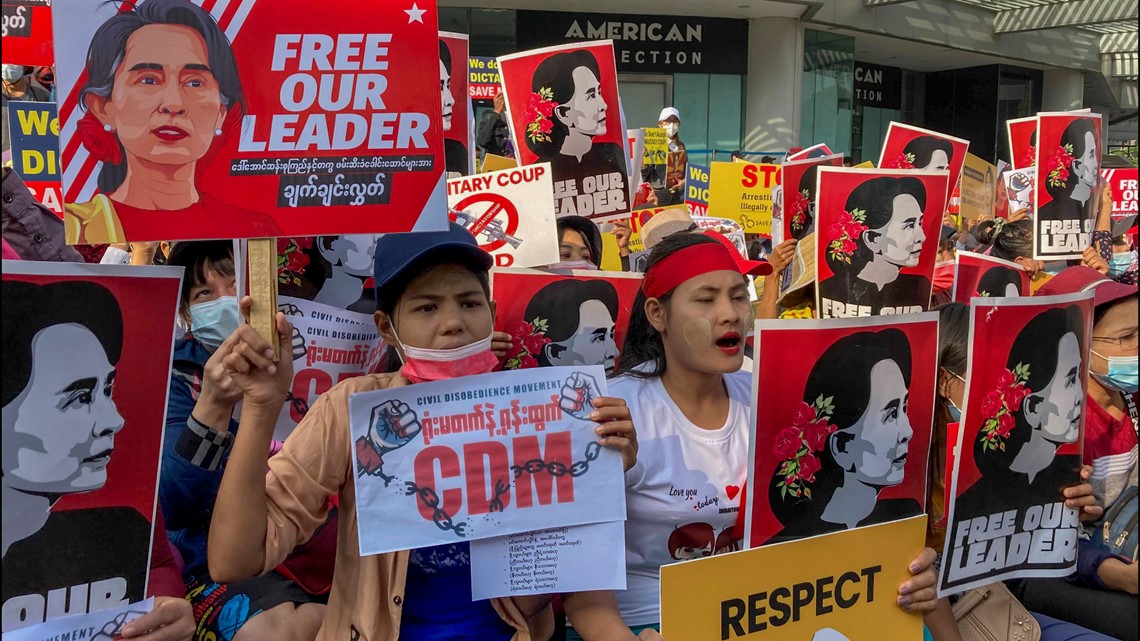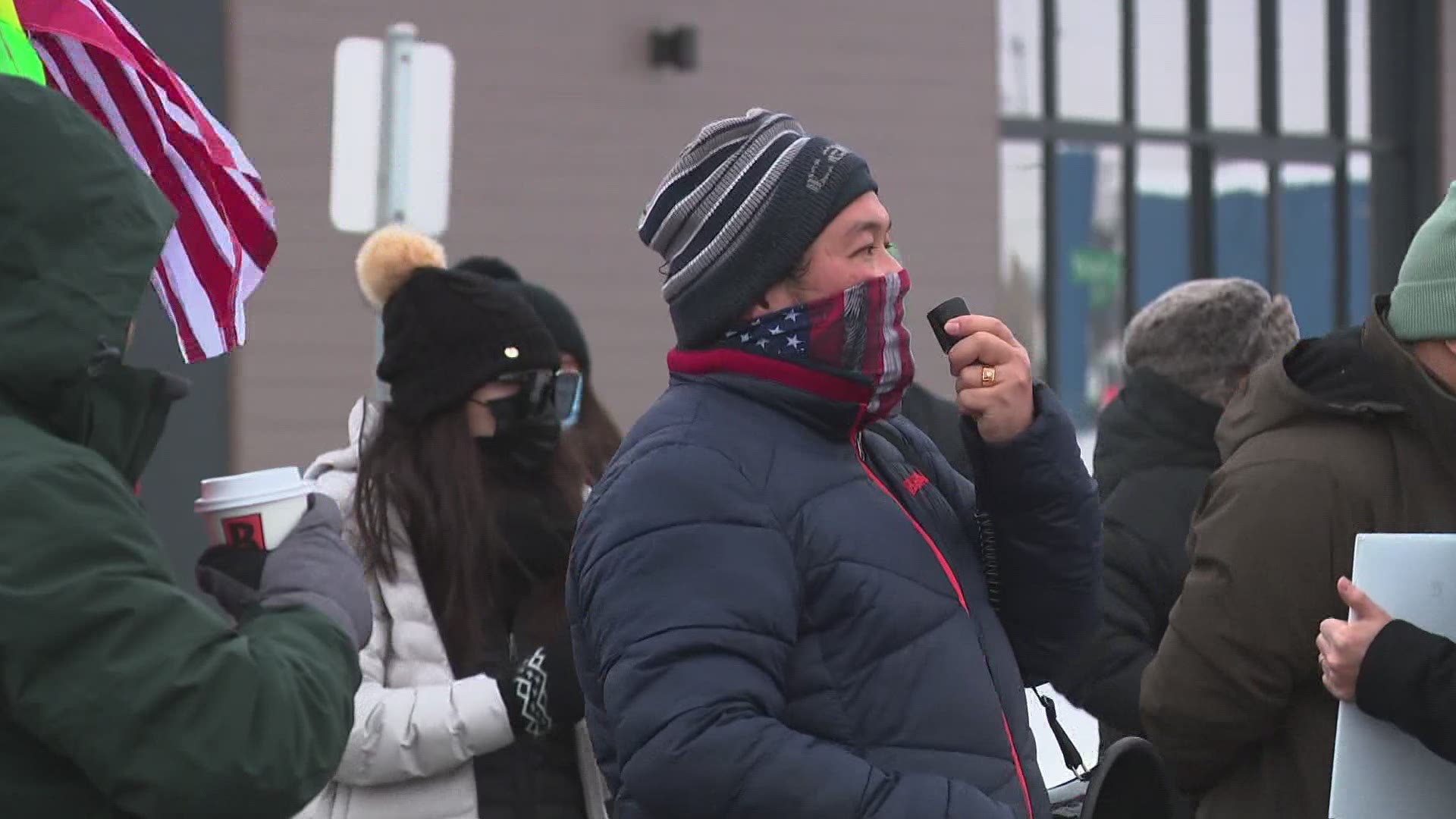GENEVA, Switzerland — The U.N.’s top human rights body has opened its first and highest-level meeting of 2021, amid growing concerns on issues including the military coup in Myanmar, the arrest of opposition leader Alexei Navalny in Russia and the rights situations in countries including Ethiopia and Sri Lanka.
The four-week session at the Human Rights Council starting Monday has drawn several presidents and prime ministers for its “high-level segment,” and Venezuelan President Nicolas Maduro, whose government has led a violent crackdown against dissent, was set to speak. The United States is set to renew its council participation after a 2 1/2-year walkout during the term of former President Donald Trump.
Concerns about China’s treatment of Muslim Uighurs, a squeeze by Ethiopia’s government on the country’s Tigray region and state-sponsored violence in countries including Nicaragua were likely to face scrutiny during the session.
“Every corner of the globe is suffering from the sickness of violations of human rights,” said U.N. Secretary-General Antonio Guterres.
The military coup and violent crackdown on protesters in Myanmar since early February was among the most pressing issues on the council's agenda.
The session, almost exclusively online, comes as the fight against COVID-19 has become a pretext by some governments to curb human rights, and worsened gender inequality and extreme poverty — even as vaccination efforts have largely been carried out in the world’s richest countries.
Guterres also decried racism, discrimination, xenophobia and the “transnational threat” of white supremacy and neo-Nazi movements — saying such groups are “engaged in a feeding frenzy of hate.”
“Far too often, these hate groups are cheered on by people in positions of responsibility in ways that were considered unimaginable not long ago,” he added, without elaborating.
Western foreign ministers including Heiko Maas of Germany and Dominic Raab of Britain were to be joined by U.S. Secretary of State Antony Blinken in addressing the session. Trump had pulled the U.S. out over concerns that the council was excessively focused on Israel and had been too accepting of autocratic regimes that regularly violate human rights — citing Venezuela in particular.



